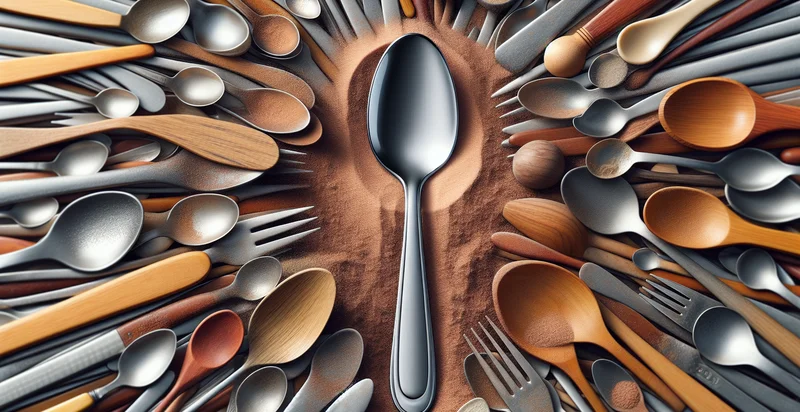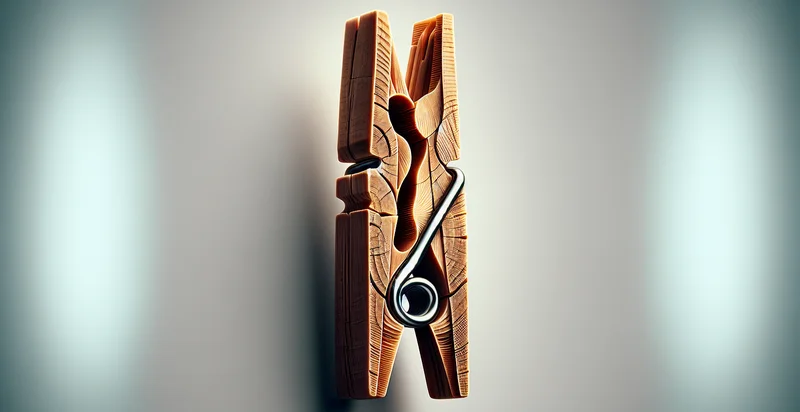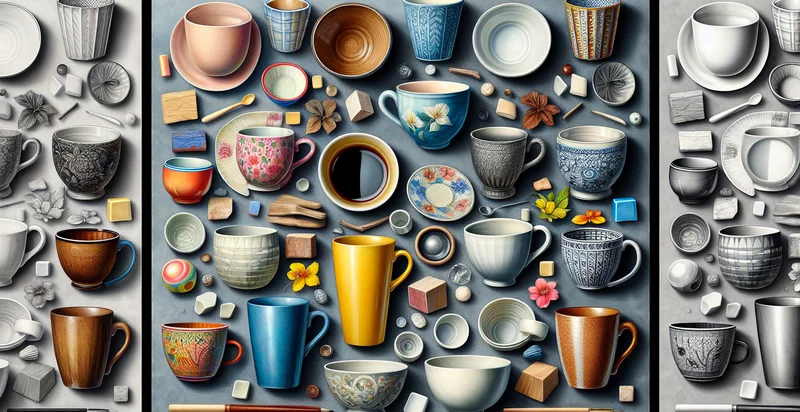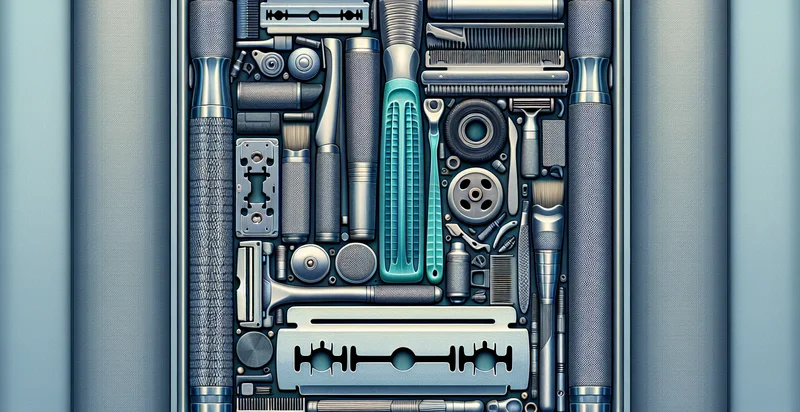Identify what material a spoon is made from
using AI
Below is a free classifier to identify what material a spoon is made from. Just upload your image, and our AI will predict what material a spoon is made from - in just seconds.

Contact us for API access
Or, use Nyckel to build highly-accurate custom classifiers in just minutes. No PhD required.
Get started
import nyckel
credentials = nyckel.Credentials("YOUR_CLIENT_ID", "YOUR_CLIENT_SECRET")
nyckel.invoke("what-material-a-spoon-is-made-from", "your_image_url", credentials)
fetch('https://www.nyckel.com/v1/functions/what-material-a-spoon-is-made-from/invoke', {
method: 'POST',
headers: {
'Authorization': 'Bearer ' + 'YOUR_BEARER_TOKEN',
'Content-Type': 'application/json',
},
body: JSON.stringify(
{"data": "your_image_url"}
)
})
.then(response => response.json())
.then(data => console.log(data));
curl -X POST \
-H "Content-Type: application/json" \
-H "Authorization: Bearer YOUR_BEARER_TOKEN" \
-d '{"data": "your_image_url"}' \
https://www.nyckel.com/v1/functions/what-material-a-spoon-is-made-from/invoke
How this classifier works
To start, upload your image. Our AI tool will then predict what material a spoon is made from.
This pretrained image model uses a Nyckel-created dataset and has 10 labels, including Aluminum, Bamboo, Ceramic, Glass, Metal, Plastic, Silver, Stainless Steel, Titanium and Wood.
We'll also show a confidence score (the higher the number, the more confident the AI model is around what material a spoon is made from).
Whether you're just curious or building what material a spoon is made from detection into your application, we hope our classifier proves helpful.
Related Classifiers
Need to identify what material a spoon is made from at scale?
Get API or Zapier access to this classifier for free. It's perfect for:
- Quality Control in Manufacturing: This function can be integrated into manufacturing lines to ensure that spoons made from the specified materials meet quality standards. By automatically identifying the material composition, manufacturers can reduce the rate of defects and ensure compliance with safety regulations.
- Material Recycling: Recycling facilities can utilize this classification function to sort spoons made from different materials more effectively. By accurately identifying the materials, the facilities can optimize their recycling processes and reduce contamination in recycled batches.
- Product Authentication: Retailers can use this function to verify claims about the material composition of their spoons when dealing with suppliers. This ensures that products labeled as premium or eco-friendly actually meet the claimed specifications, enhancing consumer trust and brand integrity.
- Consumer Education: Mobile applications can employ this function to educate consumers about the environmental impact of various spoon materials. By scanning their utensils, users can gain insights into the recyclability of materials and make more informed purchasing decisions.
- Food Safety Compliance: Restaurants can utilize the classification function as part of their food safety compliance protocols. By identifying the materials of their utensils, they can ensure that they are using non-reactive materials suitable for food contact, thereby enhancing food safety practices.
- Supply Chain Management: Supply chain managers can apply this function to track and verify the material composition of spoons throughout the supply chain. This capability aids in ensuring material consistency and helps to mitigate risks associated with material shortages or quality issues.
- Product Development: Designers and product developers can leverage this classification function in the prototyping stage of new cutlery designs. By quickly identifying materials, they can experiment with various materials to create utensils that meet desired aesthetic and functional criteria while adhering to safety standards.


